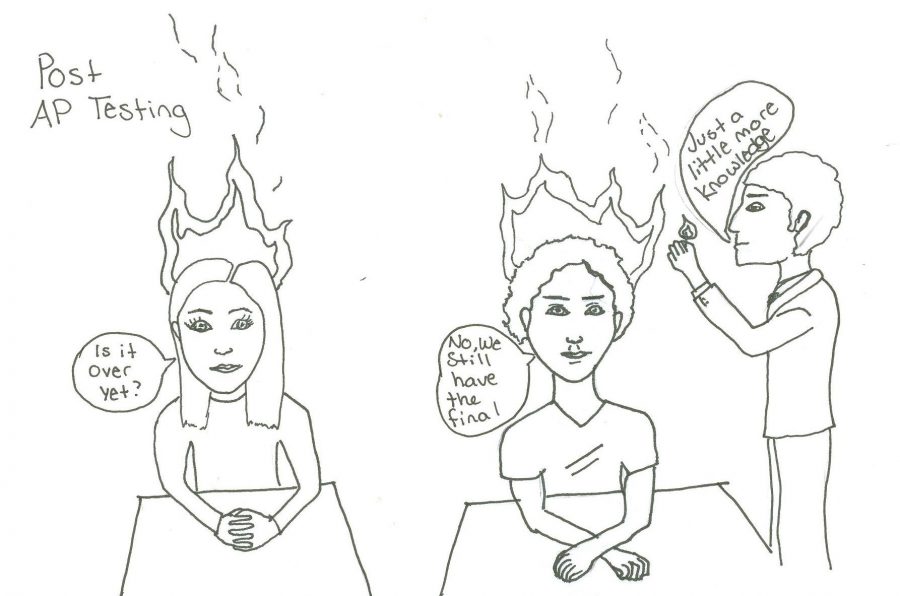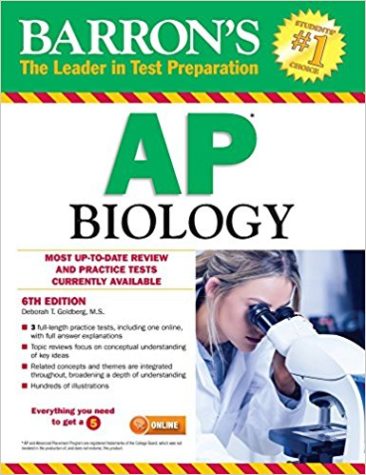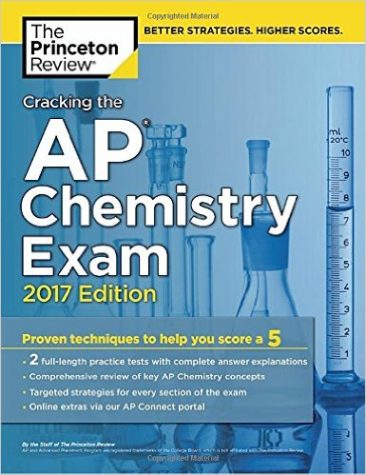Final Stress Levels
Taking more accelerated classes reduces end of the year stress levels
We are at the end of the school year, yet have so much in front of us in terms of testing. At least APs are over, but now we have finals — so much stress, at least it seems. Perhaps one of the most significant advantages of taking an advanced placement course is that the end of the year may in fact be less academically stressful than that of the regular student.
The basis of all course curriculums at John Jay is a mixture of both testing requirements as well as teacher and student incentives. AP courses are primarily designed to prepare students for AP exams while Regents level courses are designed to prepare students for solely the Regents exams. Since regents examinations are required for graduation, however, some AP course teachers have to prepare their students for both examinations. This is especially true for teachers of AP Literature, AP United States History, and AP Euro. Students in these classes end up having to take both exams.
After AP exams, teachers of these courses must prepare their students for the regents, which are at the end of the school year. This essentially means that these teachers must delve into teaching for the test for the last portion of the final quarter in order to help the students succeed on the common core tests. This is a primary incentive for teachers towards the end of the year; If their students perform well on both tests, they are quantified by the state as good instructors. However, student stress follows the widespread testing.
For the AP math and science courses, students only have to worry about the AP exam because there is no corresponding regents test. Since the AP exams occur in early May, teachers are left with one more month of teaching before the end of the year. This free time leaves them room to make their courses a little bit more idiosyncratic. Here we really see incentive take root. Since AP Physics and AP Statistics teachers, to be specific, have effectively ended their AP course by early May, they do not have to teach to the test in the final portion of the year. The AP Physics teachers and AP Statistics teacher at our school are quite effective in preparing students for the AP exam, yielding averages well above those of the nation and state. This means that there would be nothing peculiar about fairly high final averages in these courses if the AP scores are also high. Thus it is certainly appealing to both teachers and students, to fill the remainder of the curriculum with something that would generally raise students’ averages.
We find that for these two courses the remainder of the curriculum is filled by implementing a final project which counts as a grade for the final. These projects are group projects, and in the case of students who take both classes, the core of both projects is the same — an experiment. A final group project is much less taxing than a test and usually receives a much higher mark.
Therefore, students who take, or plan on taking, AP Physics or AP Statistics should not worry about end of year stress — a notion that seems to haunt many students. While the history and English AP classes also have a regents attached to them in Sophomore and Junior year (AP Euro, AP Lit, AP US), there are no regents for the Senior AP classes (AP Gov, AP Macro, APES, AP Spanish, etc) or other miscellaneous, any-year AP classes such as AP Psych. One should consider the AP balance in their schedule, especially when heading into Junior and Senior year.















